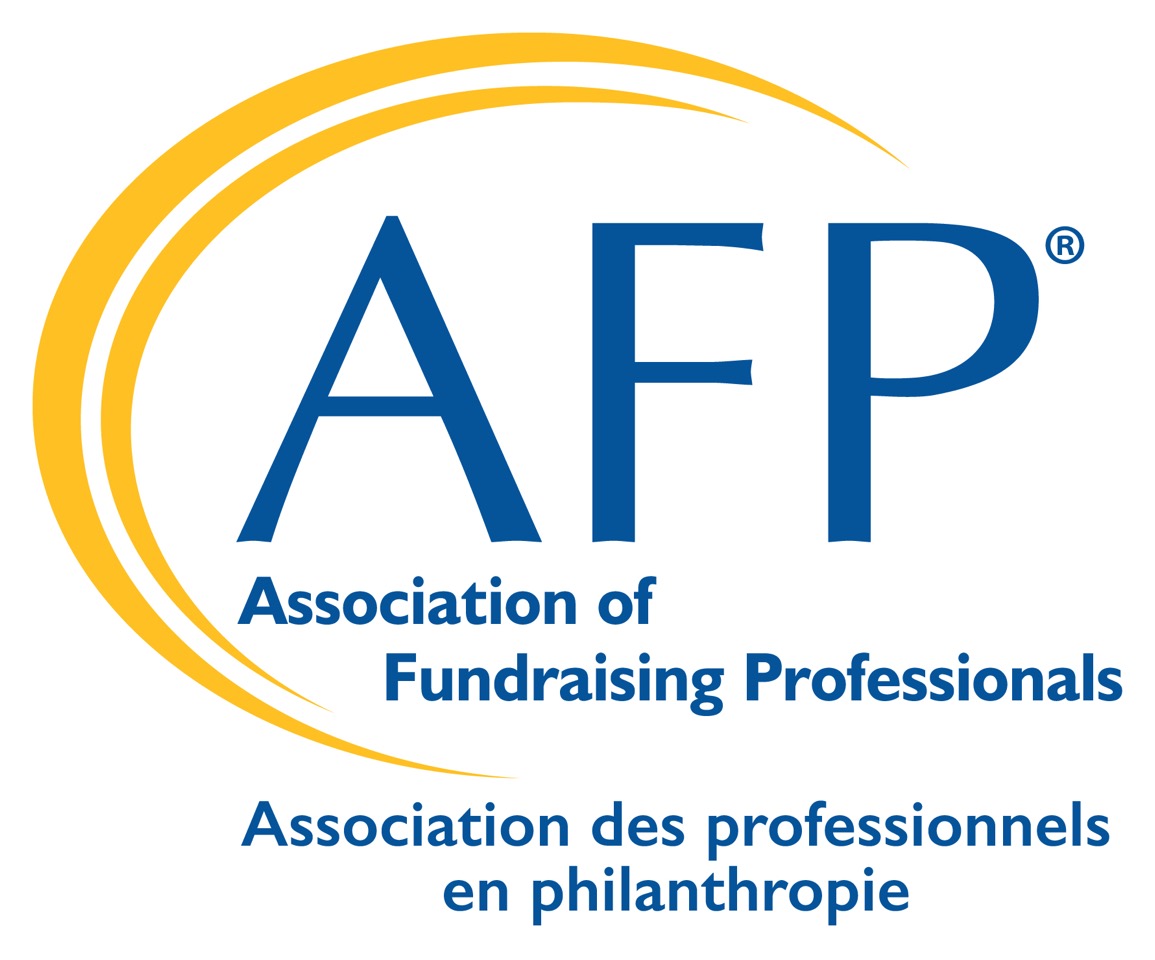AFP in Canada Begins IDEAA Audit

The IDEAA (Inclusion, Diversity, Equity, Access and Anti-Racism) audit is a joint initiative created by the AFP Foundation for Philanthropy – Canada in partnership with AFP Canada and AFP Global. The experiences of Black fundraising leaders in the AFP Greater Toronto chapter brought attention to the systemic racism within AFP and more broadly throughout the sector. This project is being undertaken to understand the experiences of current and lapsed AFP members across Canada and re-evaluate our systems and structure to create a more inclusive environment and sense of belonging.
The IDEAA audit will be of AFP Canada and the AFP Foundation for Philanthropy – Canada, referred to as “AFP in Canada”. The goal of the audit is to review the current state (including structure, policies, processes, and culture) and identify what the future could look like to better serve AFP in Canada. Recommendations based on the audit’s findings will be made to AFP in Canada to serve as a roadmap for a path forward and to remove barriers for existing and the next generation of leaders.
While audits have been done on AFP at the chapter level—for the Greater Toronto, Ottawa, Golden Horseshoe, Nova Scotia, and other chapters—an audit of AFP at the national level has not been undertaken. AFP in Canada leadership and members felt a national audit was needed.
The IDEAA audit is executive sponsored by AFP Global Chair, Birgit Smith Burton, as well as co-sponsored by leadership of AFP Foundation for Philanthropy – Canada and AFP Canada. The project is co-lead by the chairs of the research and IDEAA (Inclusion, Diversity, Equity, Access, Anti-Racism) committees of the AFP Foundation for Philanthropy - Canada.
“We are at a crossroads with AFP, and in order for us to better serve members and the sector, we need to do this work,” says Kirstin Ling, AFP Foundation for Philanthropy - Canada board member and IDEAA committee chair. “We want to foster a sense of belonging that people look for and turn to AFP to find.”
Ling says there is a leadership ceiling that comes with being racialized in this sector “and for racialized fundraisers who live and breathe this every single day, we don't ever get to put that on hold. We don't ever get to walk in the room and not be Black, Indigenous, Asian or whatever our intersectional lens might be.”
To select a vendor to partner with for the audit the project team conducted an RFP process and evaluated submissions based on their team's qualifications, quality of previous work examples, comprehensiveness of methodology, alignment of the timeline and budget, and prioritized lived and learned experience. “The audit's only as good as the action that we take from it,” says John Gormaly, AFP Foundation for Philanthropy - Canada board member and chair of the research committee. "We chose the Power of Discourse as they stood out as knowledgeable and well-prepared to lead this effort, and shared an ultimate focus on clear steps that, as organizations, we can take.”
“When we’re responding to an RFP like the one AFP issued, one of our first priorities is talking to organizational leaders about goal setting,” says Venecia Williams, lead consultant for the Power of Discourse who, along with Ruth Nakalyowa and Donneil McNab, founded the firm after experiencing systemic racism in their careers and organizations and applying their skills and aligning their own professional goals to and, as Williams says, to work towards “equity, diversity and inclusions on all the different platforms where we operate, and all the different spaces we find ourselves in.”
Williams says organizations come to the firm with different narratives that need attention—sometimes it’s updating policies, sometimes it’s needing to take action after internal deliberation on equity issues, or something they’ve heard from employees or clients. Williams says she thinks AFP in Canada is the first one that has been as direct in identifying that AFP has had something specific happen and now seeks outside assistance.
“From the outset, we want to understand what the organization is really hoping to get out of the process, and to gauge the level of commitment,” Williams adds.
“And once we understand that we want to talk to staff, members who might be internally involved, and also to engage the community,” says Nakalyowa. “The community engagement piece for me is the most important because we get to really understand what people’s experiences have been. Through the audit process, we hope to create a safer space for participants to share, whether that’s a one-to-one interview, a listening session or through a survey.”
The Power of Discourse team recently sent an email to all members in Canada introducing themselves, this work and the opportunities to share their input and inviting members to share their valuable contributions and insights.
“There is nothing we can really do without input from the membership,” says Williams. “It’s the membership that has the knowledge. It is their organization. And for any change to truly take effect, we need them to work with us to share concerns and be a part of the process.”
“We really need the membership to feed into this,” says Ling. “Now is the opportunity. We want to hear the good, the bad and the ugly.”
Ling also says she wants the membership to hold AFP leadership accountable to action.
“Once this is ready to be shared, and it will be shared in its entirety, we are looking forward to our membership holding us to account.”


